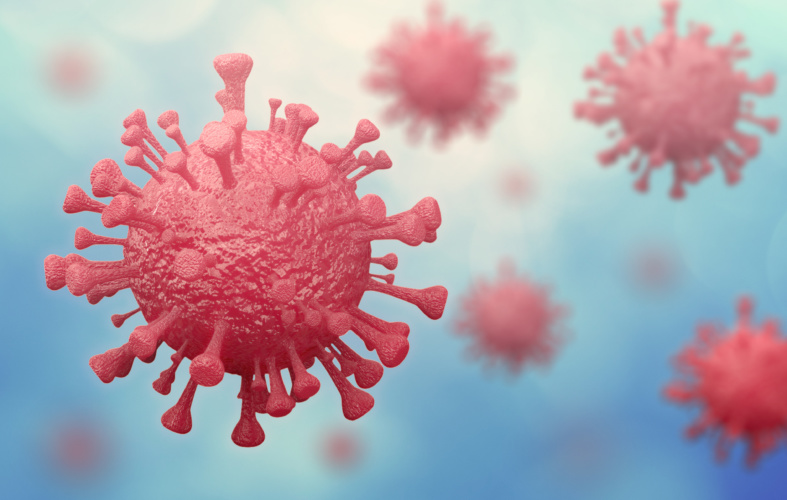VR tool brings new hope for COVID-19 drug design
Bristol scientists have demonstrated a virtual reality (VR) technique that could aid the search for anti-viral COVID-19 treatments.


According to researchers at Bristol University, their newly developed tool could help scientists around the world to design and test drug leads by showing how the potential drugs would fit into the SARS-CoV-2 enzyme, known as the main protease (Mpro).
Molecules that stop the protease from working (enzyme inhibitors) stop the virus reproducing, and so could be effective drugs. Researchers across the world are working to find such molecules. A key predictor of a drug's effectiveness is how tightly it binds to its target.
The Bristol team are said to have developed a framework for interactive ‘molecular dynamics’ simulations. It is an open source network, named ‘Narupa’, which uses readily available VR equipment.
For the study, published in the Journal of Chemical Information and Modeling, the Bristol team said it created a 3D model structure of the SARS-CoV-2 Mpro and used interactive molecular dynamics simulations (iMD-VR) to ‘step inside’ it and visualise molecules binding to the enzyme in atomic detail.
Register now to continue reading
Thanks for visiting The Engineer. You’ve now reached your monthly limit of news stories. Register for free to unlock unlimited access to all of our news coverage, as well as premium content including opinion, in-depth features and special reports.
Benefits of registering
-
In-depth insights and coverage of key emerging trends
-
Unrestricted access to special reports throughout the year
-
Daily technology news delivered straight to your inbox










National Gas receives funding to develop Gravitricity underground hydrogen storage system
One single rock salt mine - Winsford - has 23 <i>MILLION </i>cubic metres of void and even allowing for 10% of that void set aside for hazardous waste...